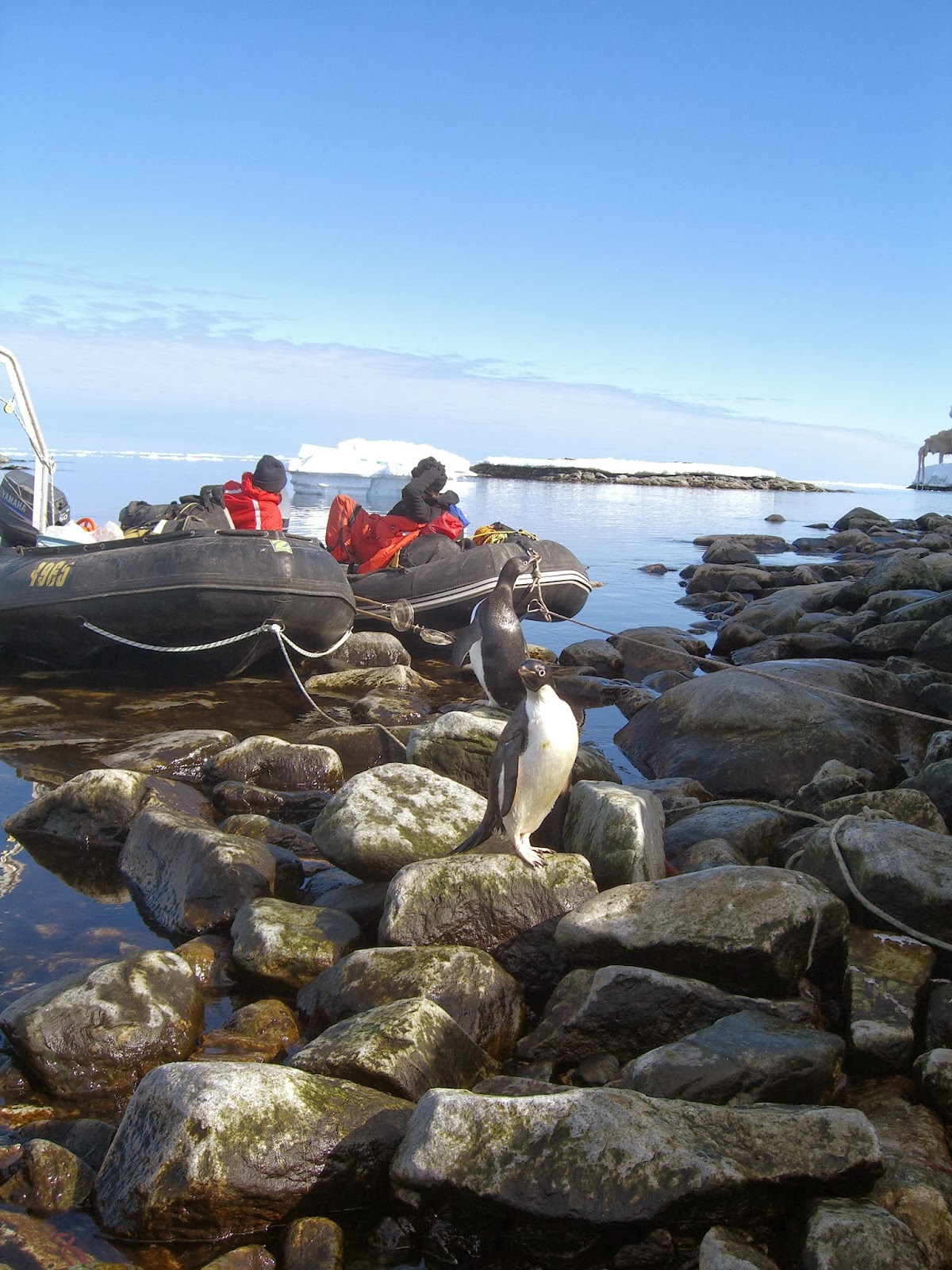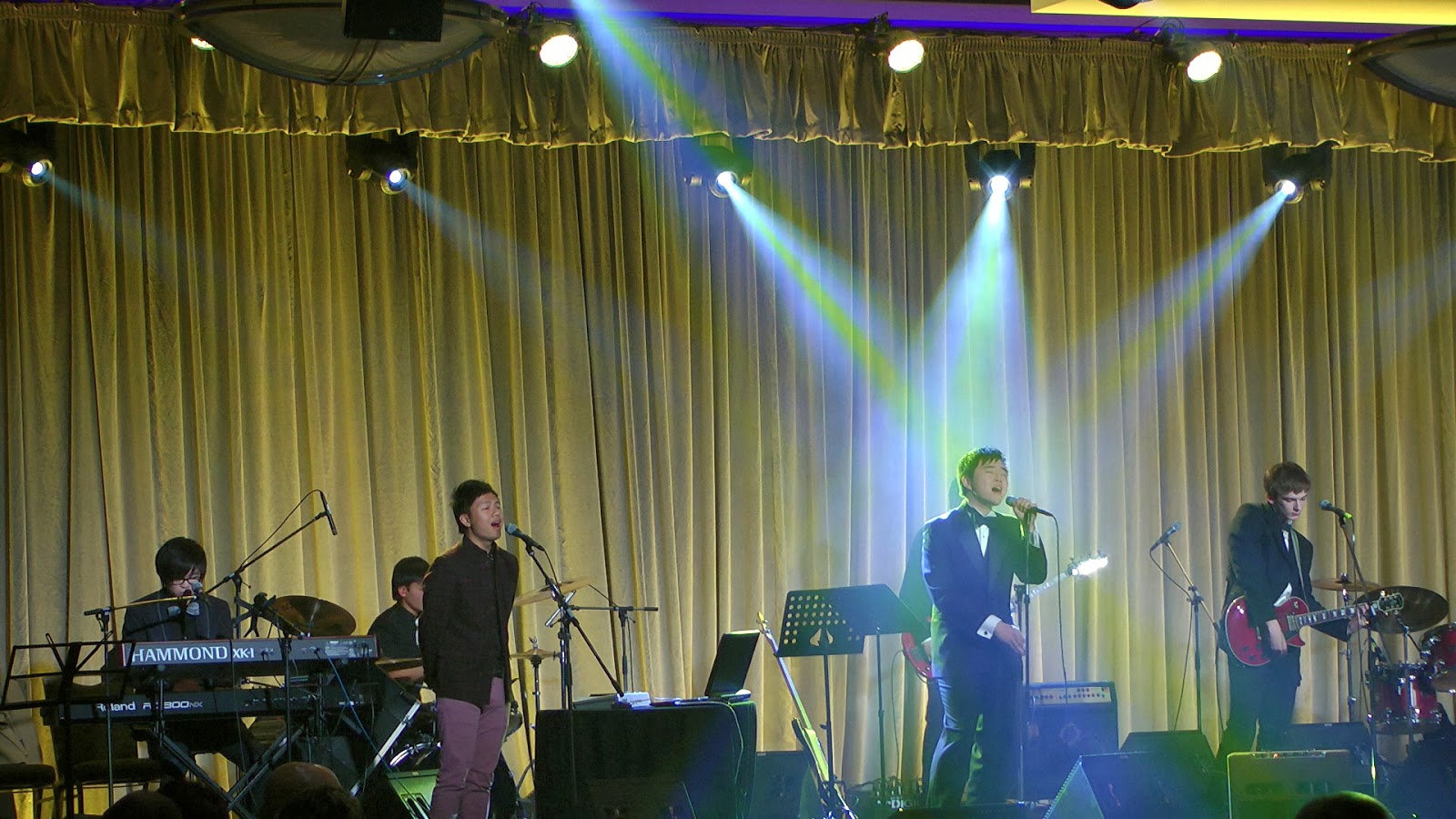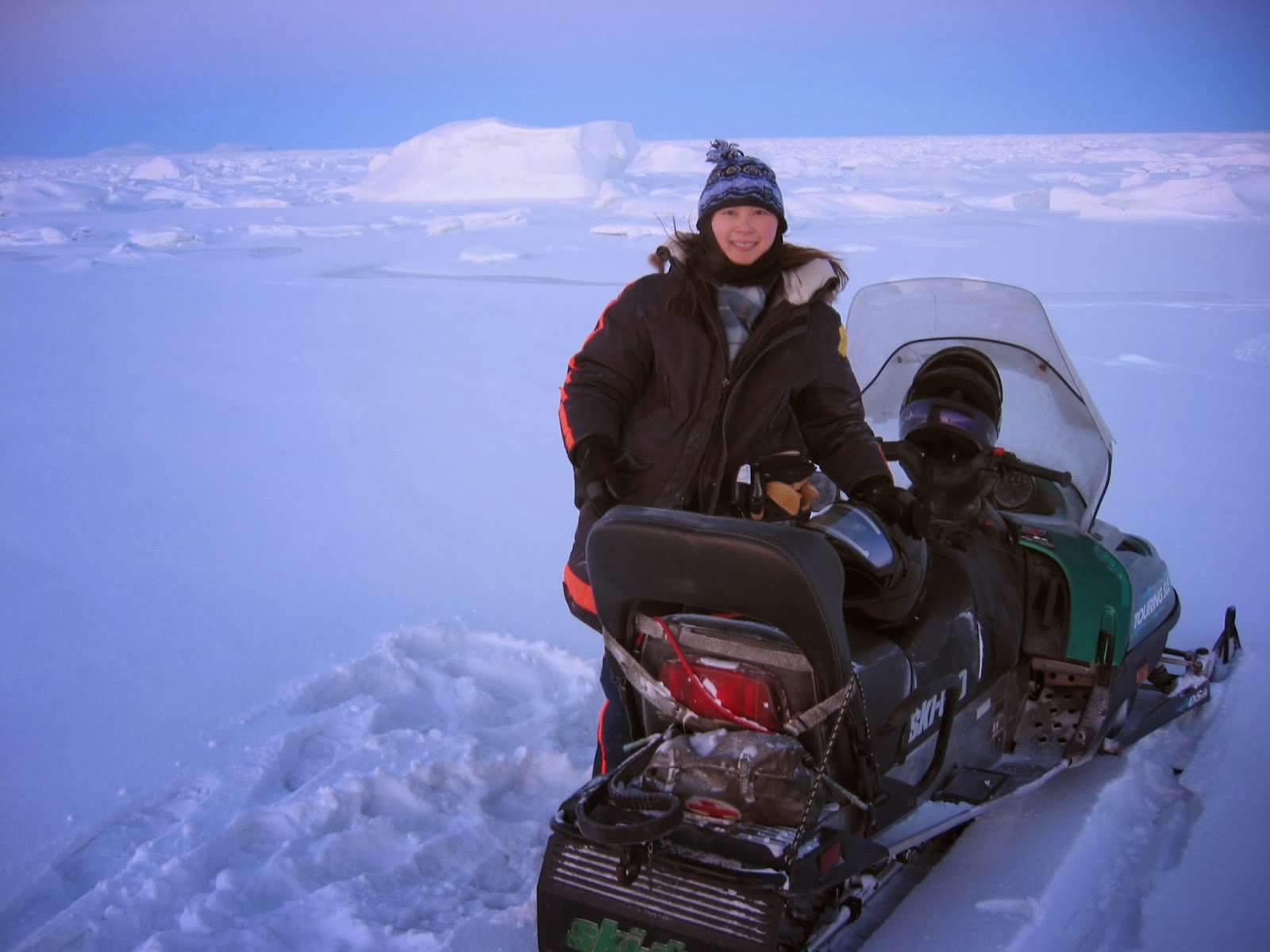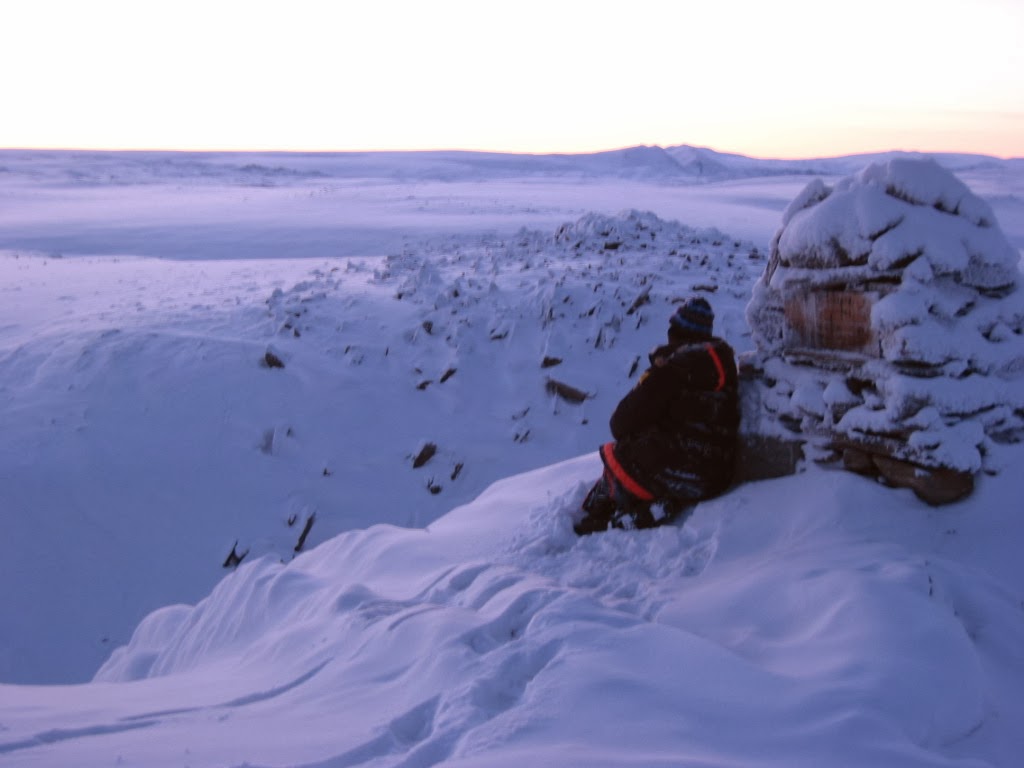Written by Zita Lau
Aside from helping to protect the environment, what Dr. Hung enjoys
about her job is that she gets to travel to many places and meet wonderful
people and colleagues along the journey. As oppose to people’s stereotypical
image of a researcher (doing experiments in the lab), this job actually
requires Dr. Hung to voyage to remote areas, such as the Arctic and Tibetan
Plateau, and collect data for her research. For instance, she visited the China
Global Atmosphere Watch Baseline Observatory (CGAWBO) located in Qinghai,
China, which is where the atmospheric changes of the world are recorded
everyday. Hence, environmental issues are not limited to one place, but linked
to people all over the globe.
 |
| Dr. Hayley Hung collecting samples in Antarctic |
Moreover, Dr. Hung encountered lots of inspiring people. From the
interactions with experts from other countries, she received more ideas and
directions to her research. She also needs to communicate with Northerners, who
are well informed and most concerned about the contaminant issues in the
Arctic. From their lifestyle that highly differs from that of the urban
population, she learned to treasure one’s surroundings and to stand up for what
one believes in.
Back in the 1970s and the 1980s, Northerners were already conscious of
possible environmental problems as they observe mutations and death of animals
in the Arctic Circle. They put strong efforts into promoting policies that should
be created to protect their environment, and never stepped down from what they
believed to be the right thing to do. Thanks to their endeavours, the Governing
Council of the United Nations Environment Programme (UNEP) finally addressed to
the consequential problem of POPs and drafted the Stockholm Convention on
Persistent Organic Pollutants in1995. It was effective from May 2004 and banned
the use of nine POPs. Northerners are undoubtedly knowledgeable of their
environment, however, scientific evidences are required to support their say –
this is where research scientists come into play. It is for this reason, and
for the Northerners, that Dr. Hung continues her work in the Arctic.
 |
Dr. Hayley Hung in the outskirt of the Arctic Ocean near Alert, Nunavut -
Photo provided by Dr. Alexandra Steffen of Environment Canada
|
Therefore, despite the long hours, the tedious logistics and
administrative duties, and the encounter of situations where her ideas were not
taken seriously because of her young age in the field, Dr. Hung remained
certain with her goal of contributing to make a change. She employed patience
and persistence to counteract unfavourable times when her theories might be
proven wrong. She said, “the goal is to be objective and not be afraid to be
proven wrong or to even prove yourself wrong. Try to enjoy the process in
gaining new knowledge from the experience.”
Furthermore, Dr.
Hung indicated that it is not difficult for youth to participate in activities
to protect the environment. It is crucial for us to understand that our action
from one side of the globe does not necessarily affect our immediate
surroundings, but has a greater impact on the citizens on the other side of the
world, or even our future generations. Hence, performing environmental-friendly
actions are not solely being responsible to our country as citizens; moreover,
it is for the goods of the environment and of the whole human race. It can be
as simple as recycling and avoid chemicals that are harmful but commonly used
in our everyday lives. The “Canadian
Environmental Protection Act” and the Internet are great starting points to
learn about POPs and other related information.
 |
Dr. Hayley Hung in Alert, Nunavut -
Photo provided by Dr. Alexandra Steffen of Environment Canada |
Finally, Dr. Hung said to the youth,“do not be afraid to pursue your
dreams and your passion. There may be road-blocks along the way; you may be
discouraged at times, but it is important to stay focused and keep learning.” In fact, she looks forward to meeting and
learning from everyone at the gala as well. At the Vision Gala, Dr. Hung will
talk more about her experience as a research scientist and people who have
inspired her from her career.
















